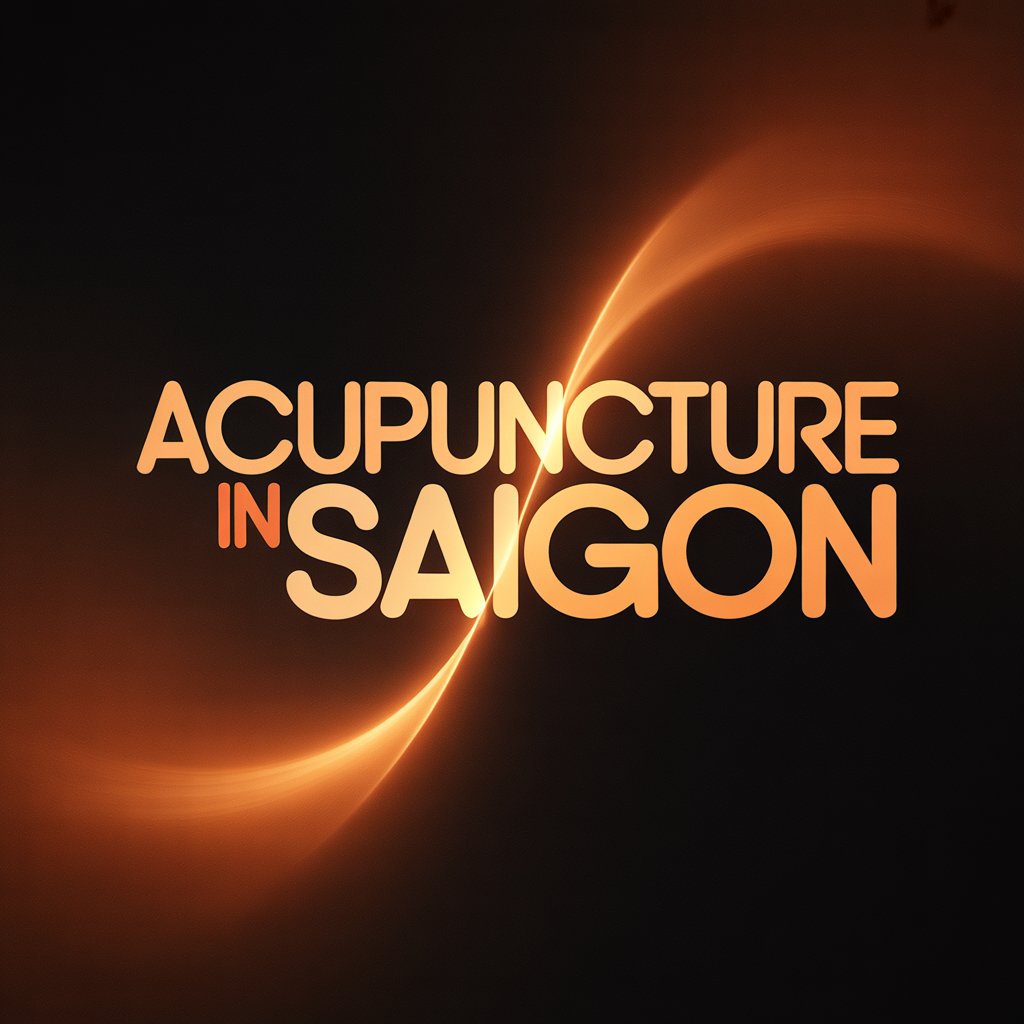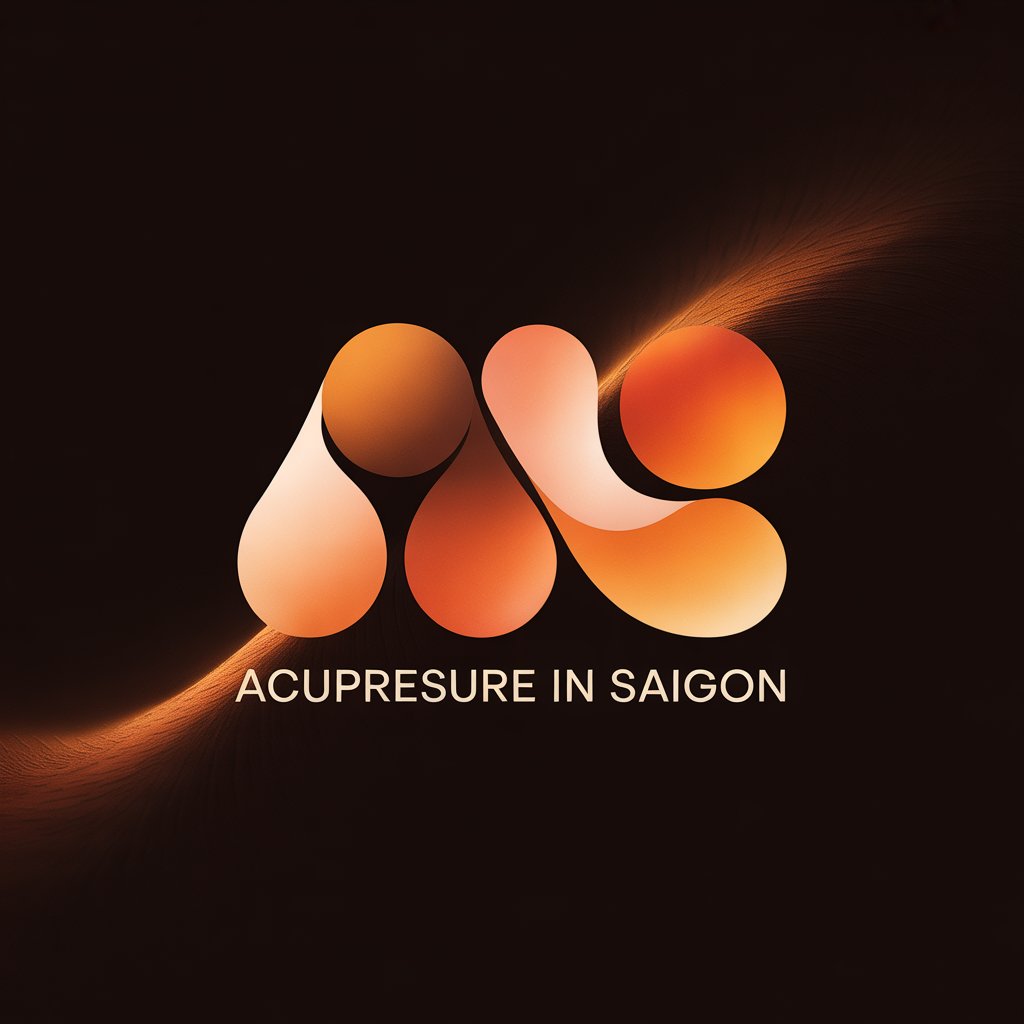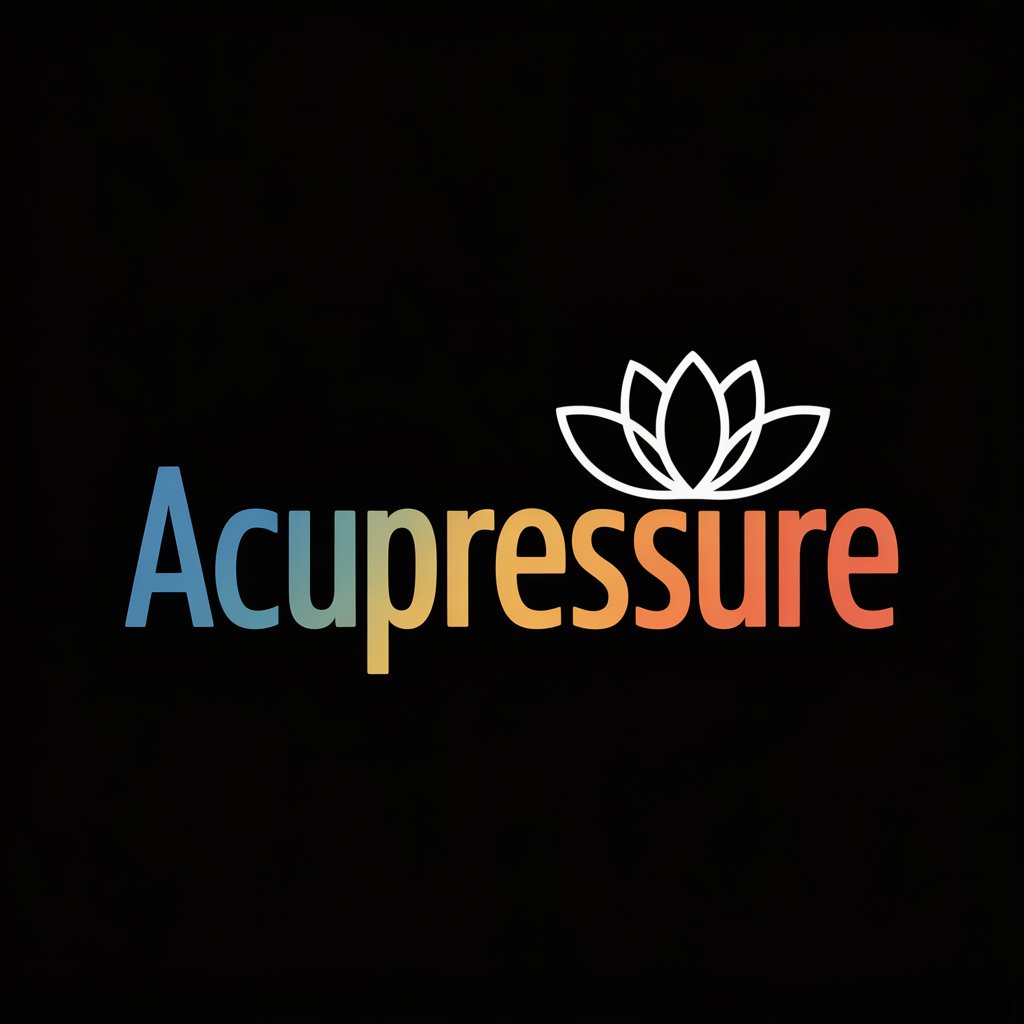The science behind acupressure effectiveness

Acupressure, an ancient healing technique rooted in Traditional Chinese Medicine, involves applying physical pressure to specific points on the body to stimulate the body’s natural self-healing abilities.1 While the exact mechanisms are still being investigated, several scientific theories attempt to explain its effectiveness.
One prominent theory suggests that acupressure stimulates the nervous system. Applying pressure to acupoints may activate nerve fibers that send signals to the brain and spinal cord.2 This can trigger the release of endorphins, the body’s natural pain relievers, which can help reduce pain perception.3 Furthermore, this stimulation may influence the autonomic nervous system, potentially promoting relaxation and reducing stress by decreasing the levels of the stress hormone cortisol.4
Another perspective aligns with the Gate Control Theory of pain. This theory proposes that non-painful stimuli, like the pressure applied during acupressure, can “close the gate” to painful stimuli, preventing pain signals from reaching the brain. The faster, pleasant impulses from acupressure may override the slower pain signals.
Additionally, acupressure is believed to improve blood circulation. The pressure and massage techniques can help dilate blood vessels, increasing blood flow to the targeted areas. Enhanced circulation can deliver more oxygen and nutrients to tissues while removing waste products, potentially aiding in healing and reducing inflammation.
While traditional Chinese medicine attributes acupressure’s effects to balancing the flow of “Qi” (vital energy) along meridians (energy pathways), modern science seeks explanations within a biomedical framework. Research suggests that acupressure’s benefits may arise from a combination of neurological, hormonal, and circulatory effects. Although more rigorous, large-scale studies are needed to fully elucidate the science behind acupressure, current evidence indicates its potential as a complementary therapy for managing pain, nausea, stress, and sleep disturbances.




